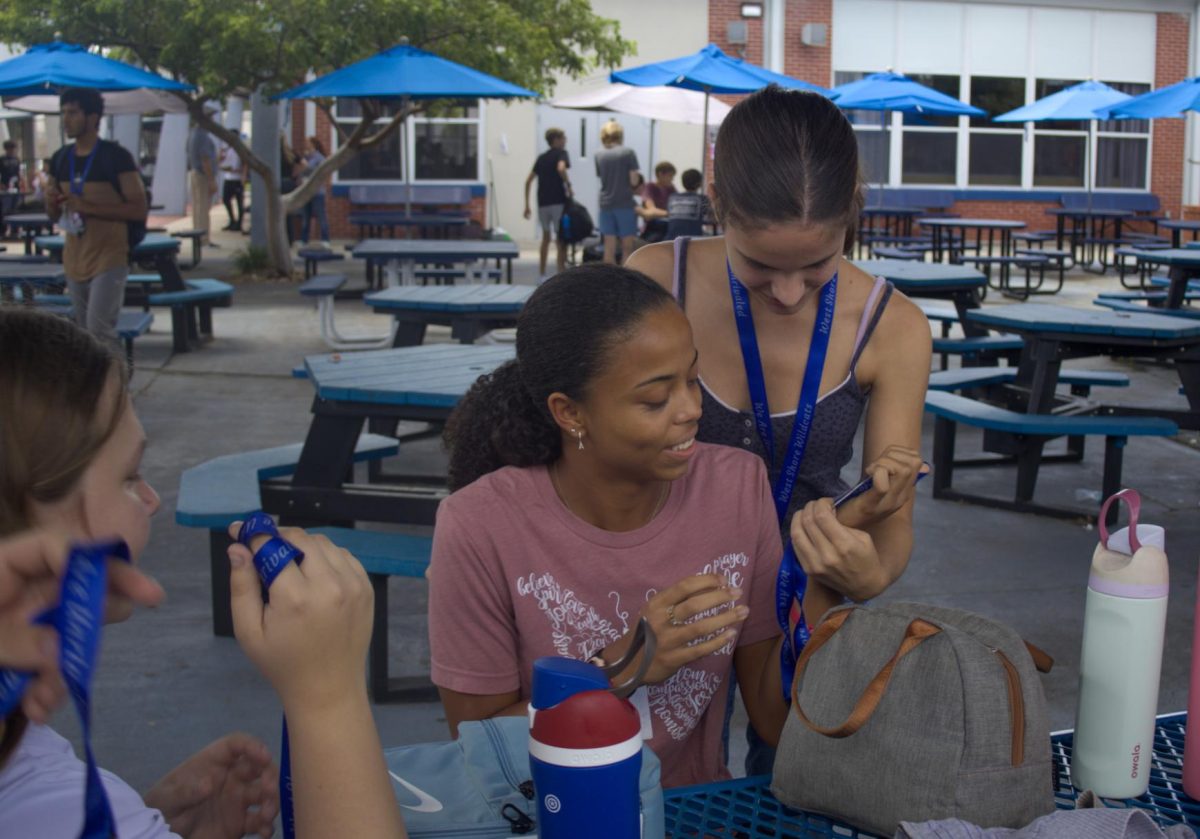Digital tracking
January 15, 2020
Ding! *Your name* has arrived at school. Ding! *Your name’s* phone battery is low. Ding! *Your name* had a top speed of 48 miles per hour. That familiar notification comes from none other than Life360, a tracking app for families looking to be able to follow the locations of one another through GPS.
Life360 is one of the largest and most popular apps that allow parents and children to track each other through cellular GPS. According to the most recent SEC filings from Owler, Life360 has generated over $32.1 million in revenue due to its premium features such as crash detection and emergency roadside assistance.
Not only does Life360 allow parents to track their children with GPS, but the app tells them how fast their children are driving, or if they brake too hard. As many parents praise the app for giving them peace of mind of their child’s location 24/7, there has been public outrage among many teenagers, resulting in an objection towards the app through memes on social media, blog threads, and TikTok videos. They claim that the app hinders their quality of life since their parents can see their location at all times. Teens believe that this also contributes to a lack of freedom and independence that many of their parents once had that allowed them to make their own decisions.
As Generation Z individuals are reaching adulthood, cell phone usage is more prominent in this group than ever before. Likewise, the amount of surveillance has increased in both home and school settings, resulting in many parents making their teenagers download the app on their phone.
“Most of the interactions that I hear about [Life360] are positive,” school resource officer Valerie Butler said. “Obviously the kids who have it on their phone may feel a little hesitant and not extremely welcoming of that, but I think from a parent’s perspective it’s a good thing [as] it keeps the kids honest.”
Even with positive feedback, there are also some who seem to disagree with the app. According to an article published
by The Washington Post, Life360 is seen by both parents and children as an “unhealthy” app that is threatening the relationship of parents with their teenage children.
“When I was growing up, we didn’t have that kind of technology,” Butler said. “I just had to be blindly trusted by my parents until there was a reason not to be, and I can see how it can inhibit that relationship and building that trust. [Now] you almost don’t have the chance to build trust.”
According to a poll by The Roar, 68
percent of students dislike Life360, and 32 percent don’t mind the app. Students were also asked to reply with any experiences that they have.
“I think it’s really useful,” junior Joshua Lopez said. “[It] lets my family know where I am and lets them know I’m safe and nearby.”
Butler explains some of the reasoning that parents have for using tracking apps.
“The only thing I could really see negatively impacting would be if the app got hacked and if somebody wanted to use that to our detriment,” Butler said. “If I were to look at [this in] a positive way, if we did have an incident on campus and kids were running and fleeing anywhere they could, for reunification, I think it would be good because parents can see where their kids are and if something were to happen.”


![Sophomore Isabelle Gaudry walks through the metal detector, monitored by School Resource Officer Valerie Butler, on Aug. 13. “I think [the students have] been adjusting really well," Butler said. "We've had no issues, no snafus. Everything's been running smoothly, and we've been getting kids to class on time.”](https://westshoreroar.com/wp-content/uploads/2025/08/IMG_9979-1200x800.jpg)










































